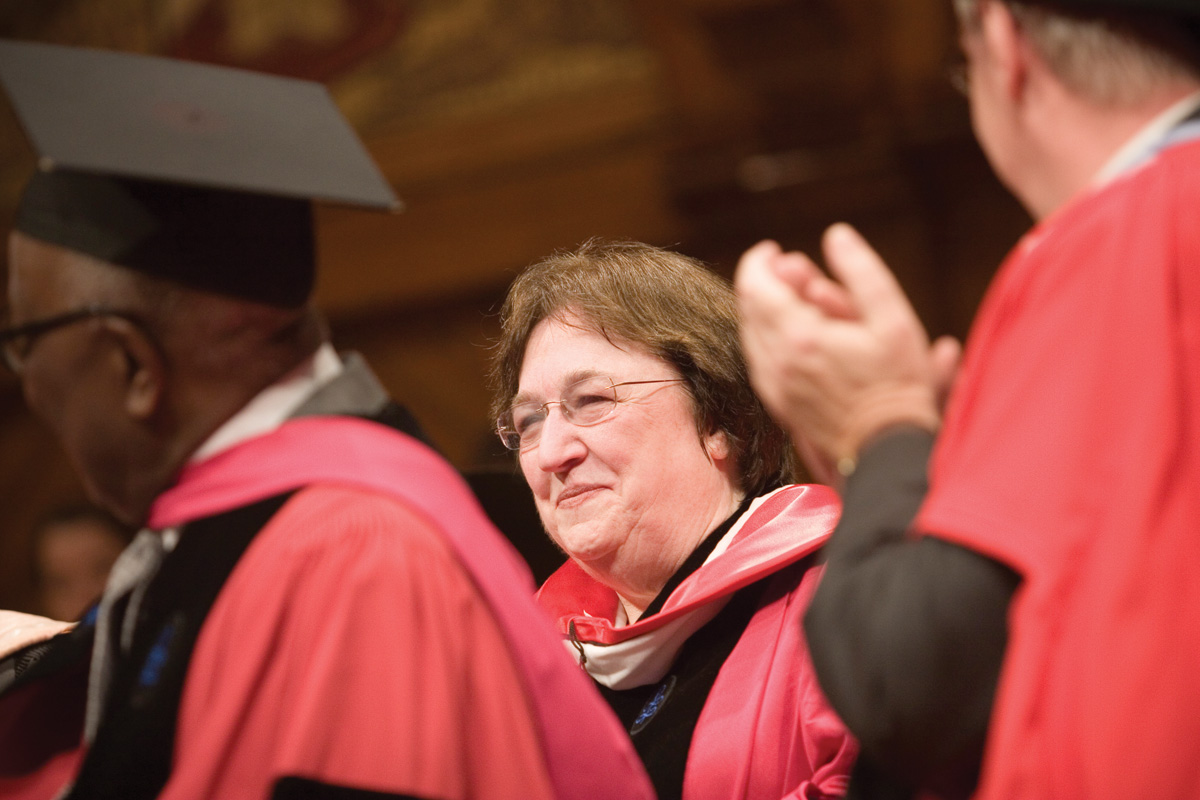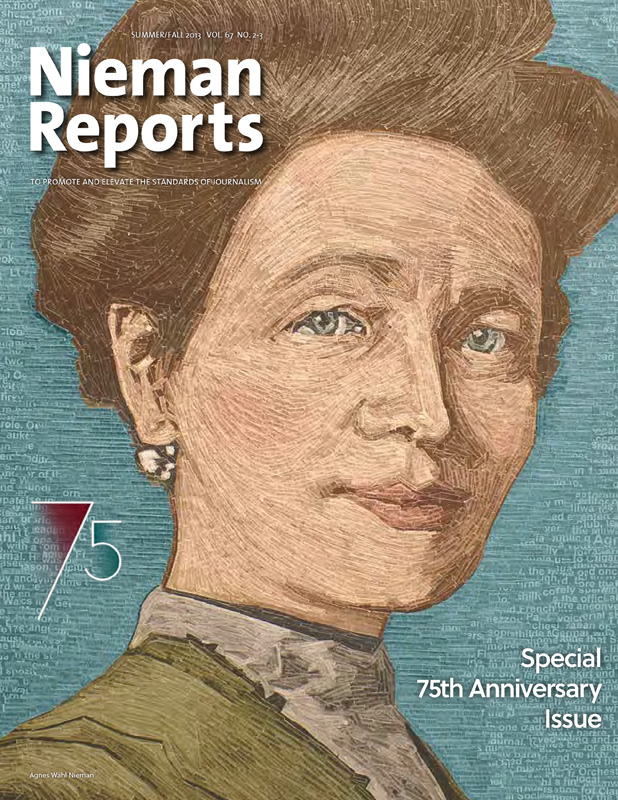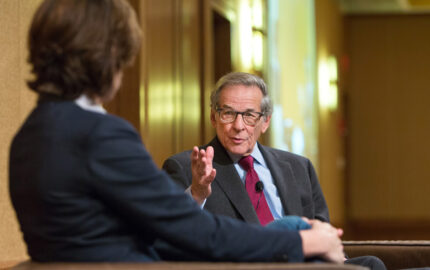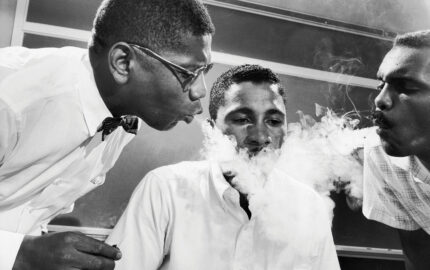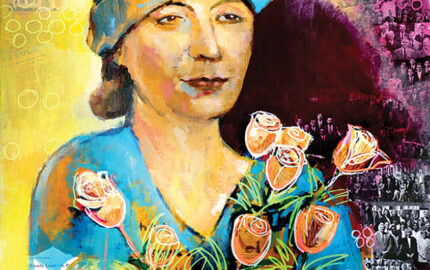Nutt, a reporter at The Star-Ledger in Newark, New Jersey, won a Pulitzer for her feature story about the mysterious sinking of a fishing boat
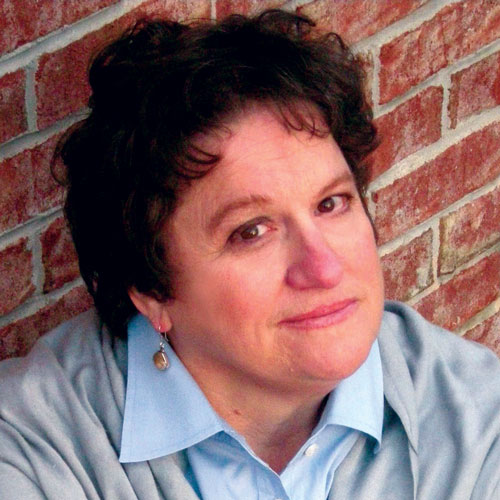
My proposed project for my Nieman year was to steep myself in neuroscience in anticipation of creating a kind of “brain beat” back at my newspaper in Newark, New Jersey. On my arrival in Cambridge my excitement was tempered, however, by the discovery that two of the psychology professors I was hoping to study with were on sabbatical. Scrambling to pick out other courses among the embarrassment of riches that is Harvard’s undergraduate catalog, I turned to my first literary love, poetry.
At that point in my life I viewed poetry as something I read to relax. That perception was radically altered on Monday, October 25, 2004 sometime between 1 and 2 p.m., when the inestimable Helen Vendler’s Poems, Poets, Poetry class met in Emerson Hall. My diary entry for that overcast, blustery day notes Vendler’s lecture was about the poet’s play of language. She spoke first of the universal aspect of human emotions—grief, supplication, joy, despair—and how they were available to poets in all cultures. “The themes are old,” she said. “What is new is how the poet does it—language, syntax, stanza form. What kind of focus, what a poem does, that’s what’s interesting.” I raised my eyes from my notebook. Vendler was talking craft, and she wasn’t just talking about poets. She was talking about storytellers, about journalists.
The challenge of being a storyteller is to pick the focus and the voice, to find the truth and then the right words to express that truth. It was then I realized that poets and journalists are more similar than I’d imagined. Poets and journalists are both in pursuit of the truth, both hew to clarity and precision, both require selecting and ordering words by being attentive to image, symbol and sense, and both rely on analogy and metaphor to convey meaning. In “The Journey Home,” Edward Abbey writes, “Any good poet … must begin with the journalistic view of the world; and any journalist worth listening to must be something of a poet, must possess the ability to communicate …. his sense of love and wonder at what his work discovers.” I’ve felt that sense of wonder and discovery both in reading poetry and in “doing” journalism. I’d just never realized they were one and the same.
